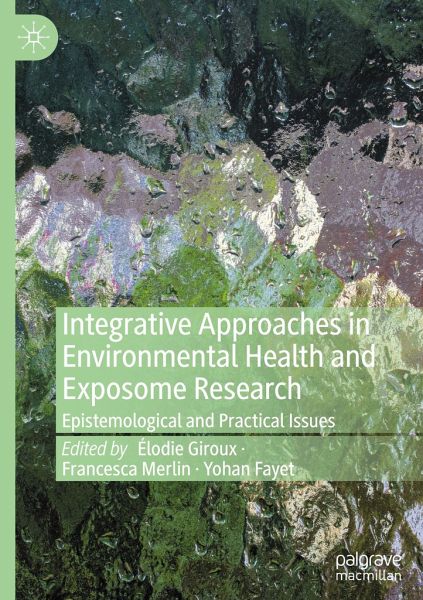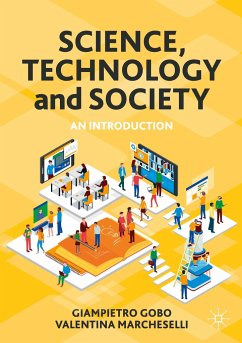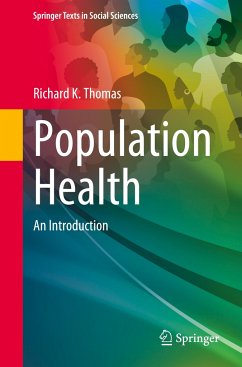
Integrative Approaches in Environmental Health and Exposome Research
Epistemological and Practical Issues
Herausgegeben: Giroux, Élodie; Merlin, Francesca; Fayet, Yohan

PAYBACK Punkte
53 °P sammeln!
Research on the relationship between health and the environment in a postgenomic context is increasingly aimed at understanding the various exposures as a whole, simultaneously taking into account data pertaining to the biology of organisms and the physical and social environment. Exposome research is a paradigmatic case of this new trend in environmental health studies.This book takes a multidisciplinary approach focusing on the conceptual, epistemological, and sociological reflections in the latest research on environmental and social determinants of health and disease. It offers a combinati...
Research on the relationship between health and the environment in a postgenomic context is increasingly aimed at understanding the various exposures as a whole, simultaneously taking into account data pertaining to the biology of organisms and the physical and social environment. Exposome research is a paradigmatic case of this new trend in environmental health studies.
This book takes a multidisciplinary approach focusing on the conceptual, epistemological, and sociological reflections in the latest research on environmental and social determinants of health and disease. It offers a combination of theoretical and practical approaches and the authors are scholars from a multidisciplinary background (epidemiology, geography, philosophy of medicine and biology, sociology). Crucially, the book balances the benefit and cost of the integration of biological and social factors when modelling aetiology of disease.
This book takes a multidisciplinary approach focusing on the conceptual, epistemological, and sociological reflections in the latest research on environmental and social determinants of health and disease. It offers a combination of theoretical and practical approaches and the authors are scholars from a multidisciplinary background (epidemiology, geography, philosophy of medicine and biology, sociology). Crucially, the book balances the benefit and cost of the integration of biological and social factors when modelling aetiology of disease.












